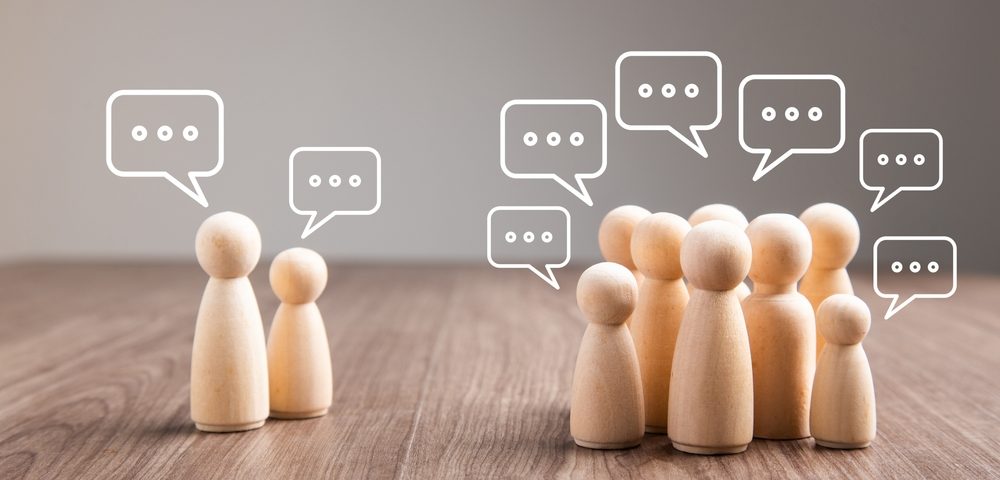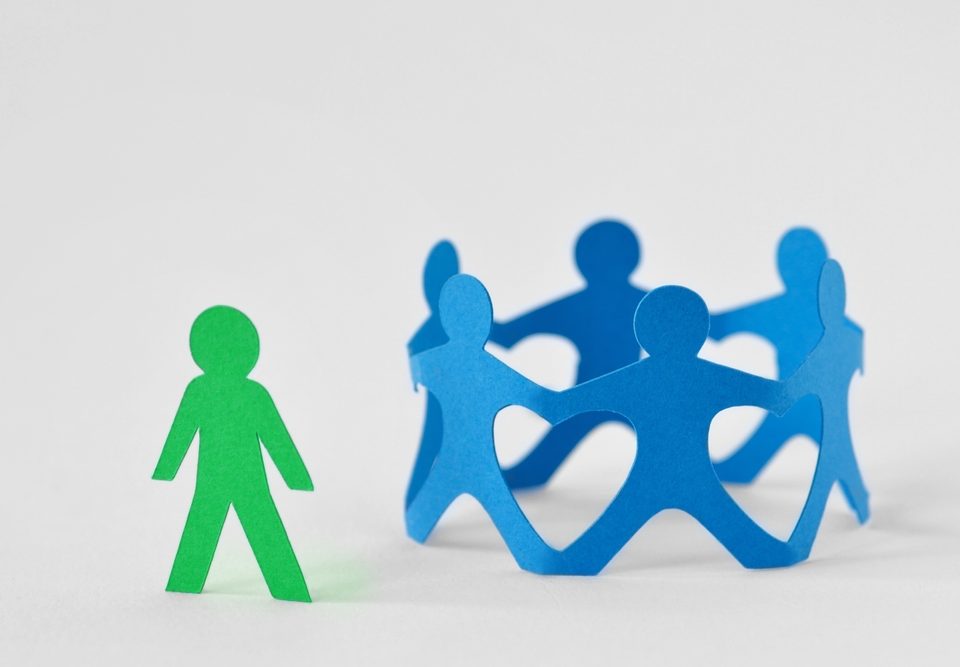
A Designated Driver
August 30, 2024
Transitioning to College
September 4, 2024The power of a bystander is often underestimated but can be significant in various situations. A bystander is someone who is present at an event but is not directly involved. This concept is frequently discussed in the context of social psychology and intervention in emergencies. Here are some ways in which the power of a bystander can manifest:
- Intervention in Emergencies: In emergencies such as accidents or crimes, bystanders can play a crucial role in providing assistance. Prompt action by a bystander can sometimes be the difference between life and death. This could involve administering first aid, calling emergency services, or simply providing support and comfort to those affected.
- Preventing Bullying: Bystanders witnessing acts of bullying have the power to intervene and stop the behavior. Research suggests that when bystanders speak up or intervene, they can effectively diffuse the situation and discourage further bullying.
- Social Influence: Bystanders can exert social influence on the behavior of others. For example, if a bystander speaks out against discrimination or prejudice, it can influence the attitudes and actions of those involved in the situation.
- Normalization of Behavior: Bystanders contribute to the social norms of a community. If bystanders ignore or tolerate harmful behavior, it can contribute to the normalization of such behavior within society. Conversely, if bystanders condemn or discourage harmful behavior, it can help establish norms that promote positive conduct.
- Support for Victims: Bystanders can provide support and solidarity to individuals who are experiencing mistreatment or discrimination. Their presence and actions can make victims feel less isolated and more empowered to address the situation.
- Diffusion of Responsibility: On the flip side, the bystander effect refers to the phenomenon where individuals are less likely to intervene in an emergency situation when there are other bystanders present. This diffusion of responsibility occurs because each bystander assumes that someone else will take action. Awareness of this effect is important in encouraging bystanders to overcome it and take action when needed.
Overall, the power of a bystander lies in their ability to influence the course of events through their actions or inaction. Whether it’s intervening in emergencies, standing up against injustice, or providing support to those in need, bystanders have the potential to make a significant impact on their communities and society as a whole.
To learn more tips and parenting subscribe to MASK The Magazine, parenting solutions for today’s families
Subscribe to MASK The Magazine
Or
Did you know that you can add past issues of MASK The Magazine and start your MASK Library –
Enroll your child or school in the MASK E3 Institute to equip them with the knowledge to make safe healthy and informed decisions.




